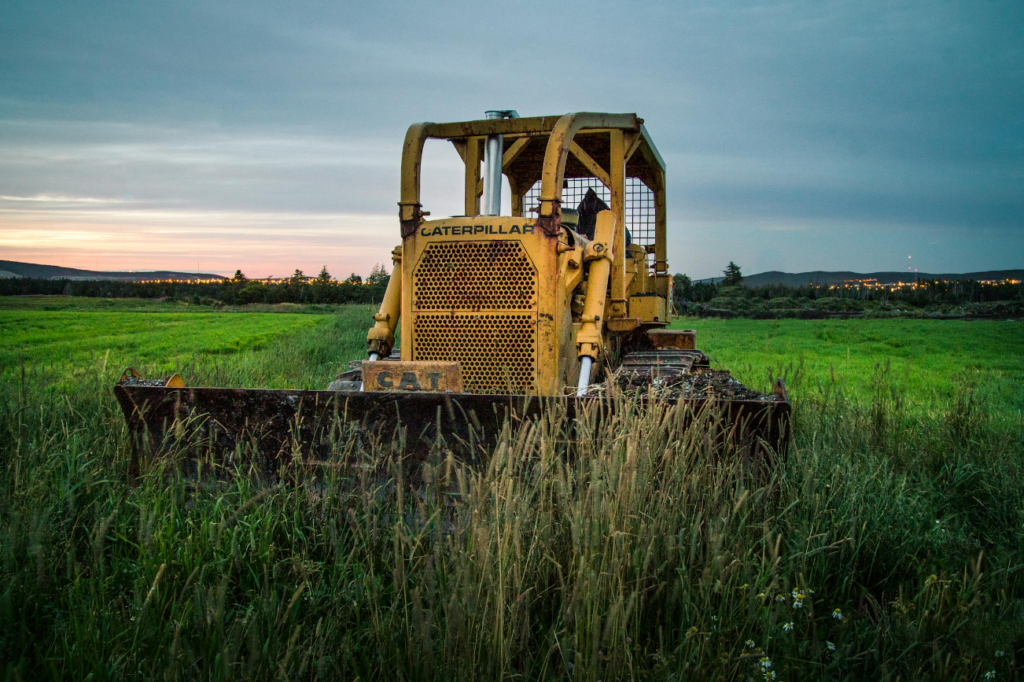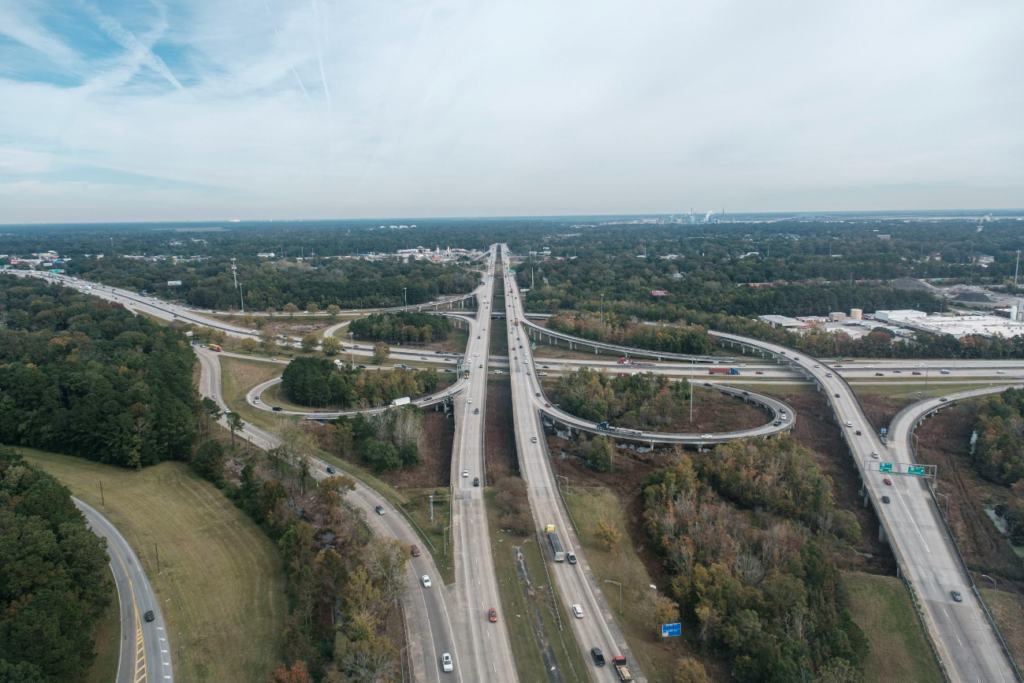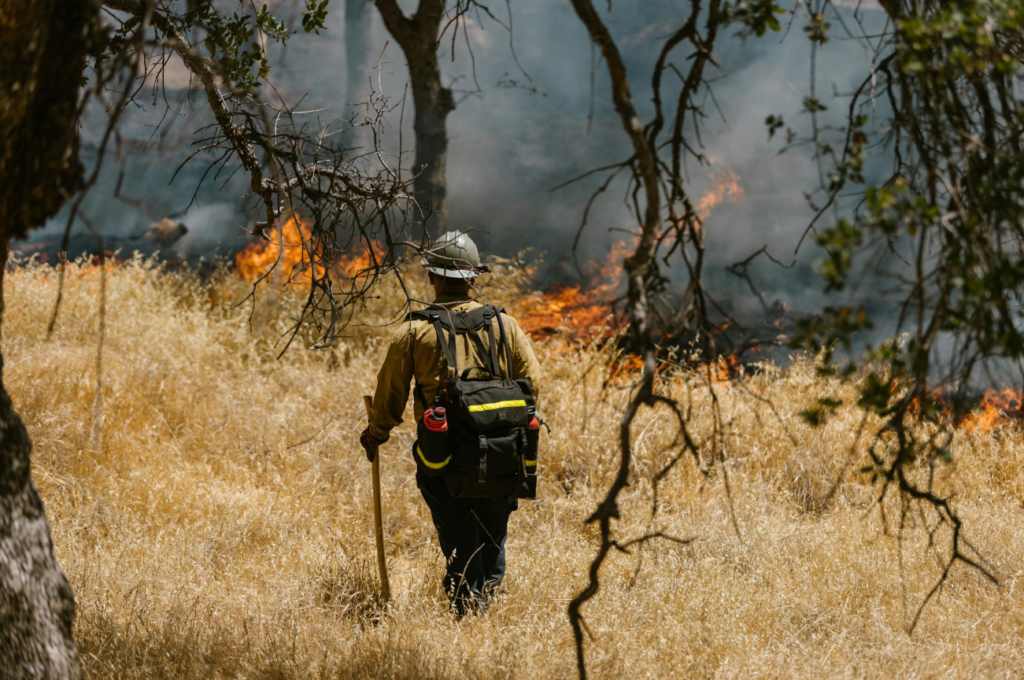The decline of small farmland in the United States has emerged as a significant concern, underscoring broader issues in the agricultural sector. Over recent decades, American small farms have faced a steady erosion in numbers, driven by various economic, social, and environmental factors.
According to data from the U.S. Department of Agriculture (USDA), the number of farms in the United States has decreased from 6.8 million in 1935 to about 2 million in 2022. Notably, small farms have borne the brunt of this reduction. In 2012, farms with fewer than 50 acres accounted for nearly 48% of all farms in the U.S. However, by 2022, this percentage had fallen to around 45%, reflecting the consolidation of agricultural land into larger operations. This trend has led to a substantial loss of small farmland, impacting the rural landscape and local economies.
The loss of black-owned farmland is particularly striking. In 1920, black farmers owned around 14 million acres of land. By 2017, that number had plummeted to just 2.5 million acres. Discriminatory lending practices, lack of access to legal resources, and systemic racism within agricultural policies and institutions have caused this drastic reduction. As a result, the number of black farmers has declined sharply, from nearly 1 million in 1920 to approximately 45,000 today.
Contributing factors to the decline



Several factors contribute to the overall decline of small farms. Economic pressures are a primary driver, with small farms often struggling to compete with larger agribusinesses that benefit from economies of scale. Rising land prices have also made it challenging for small farmers to expand their operations or for new farmers to enter the industry. Additionally, the volatility of commodity prices, high input costs, and unpredictable weather patterns exacerbate the financial instability of small farms.
Demographic changes have further influenced the decline. The average age of American farmers is now over 58, with a significant proportion nearing retirement. Without a new generation of farmers to take over, many small farms are sold or repurposed. The USDA’s Census of Agriculture highlights that the number of farmers under the age of 35 has increased by only 2% from 2012 to 2017, insufficient to offset the retirement of older farmers. For Black farmers, the situation is even more dire, as younger generations are often dissuaded from entering an industry rife with historical inequities.
Urbanization and development pressures have also played a significant role in small farmland loss. The American Farmland Trust reports that between 2001 and 2016, nearly 11 million acres of farmland were converted to urban and low-density residential areas. This development often occurs on the periphery of metropolitan areas, where small farms are typically located, leading to a direct loss of agricultural land. These trends have a disproportionately negative impact on black-owned farms, which are frequently located in these vulnerable areas.
The environmental impact of small farmland loss is profound. Small farms often engage in more diversified and sustainable farming practices compared to large-scale operations. The reduction in small farms thus potentially diminishes biodiversity and increases reliance on monoculture crops, which can lead to soil degradation and increased use of chemical inputs.
Efforts to counteract the decline
Despite these challenges, there are efforts to counteract the decline of small farmland and address the specific needs of black farmers. Programs such as the USDA’s Beginning Farmers and Ranchers Development Program aim to support new farmers through grants and training. Additionally, initiatives like the Black Family Land Trust work to secure land ownership for Black families and provide resources to sustain their agricultural operations. The rise of local food movements and farmers’ markets has also provided small farms with alternative revenue streams and closer connections to consumers.
Economic pressures, demographic shifts, urban development, and environmental changes all have an impact on the loss of small farmland in America. The significant decline in black-owned farmland highlights the need for targeted interventions to address historical injustices and support minority farmers. Addressing the decline requires comprehensive strategies that support small farmers, encourage new entrants to the industry, and promote sustainable farming practices. Without such measures, the continued erosion of small farmland will likely persist, further reshaping the American agricultural sector and perpetuating inequalities.




